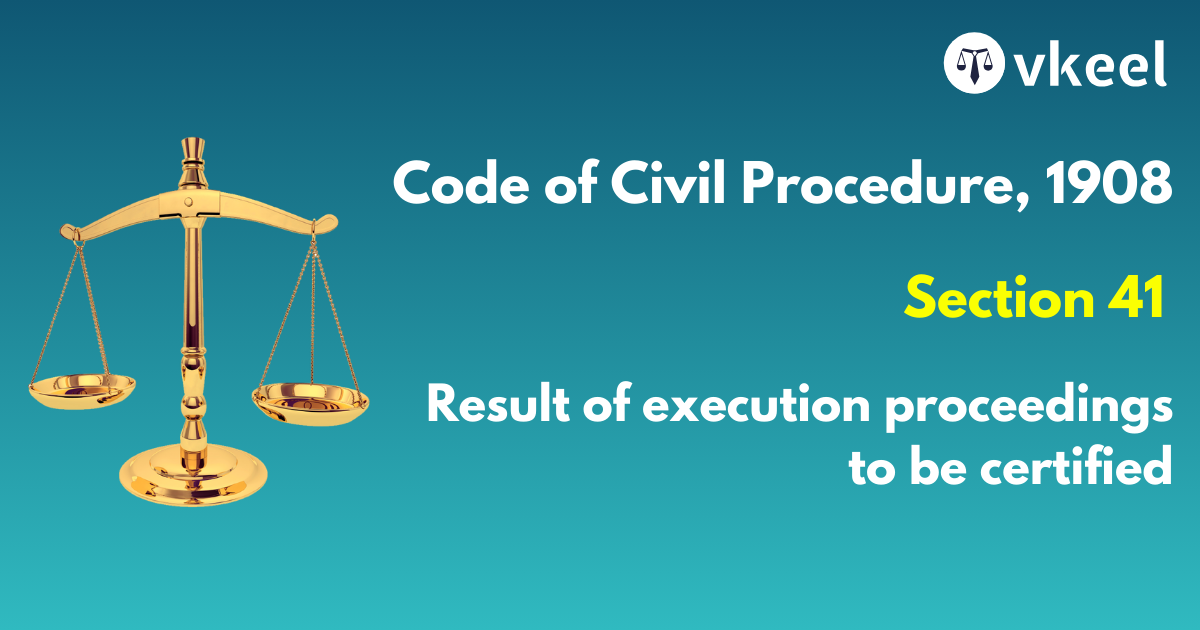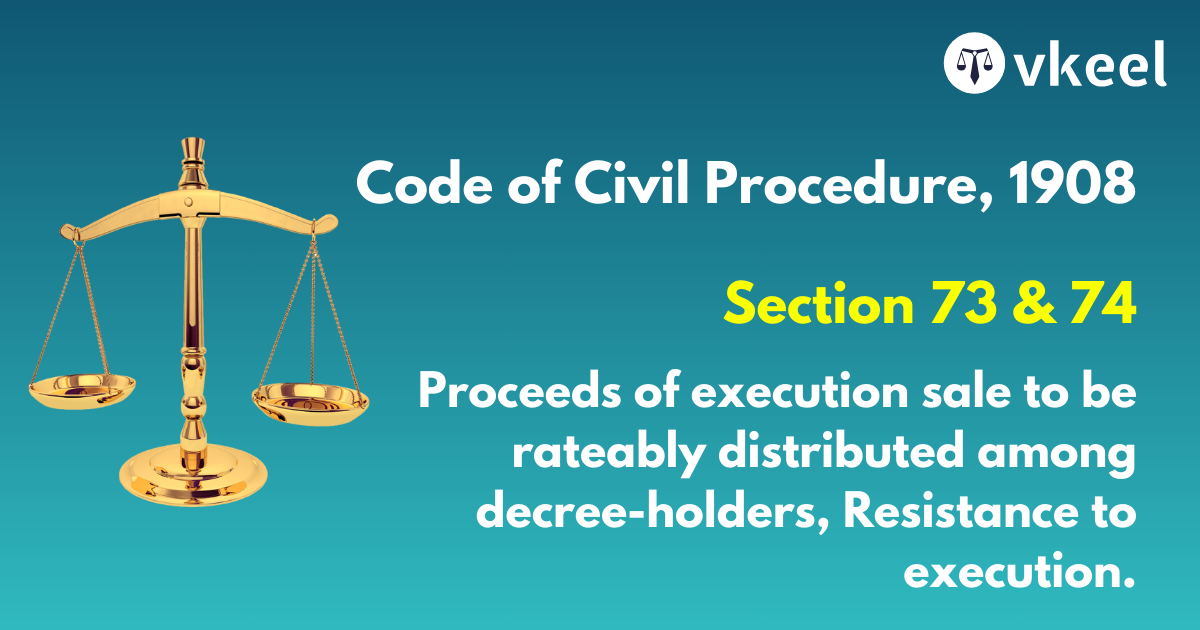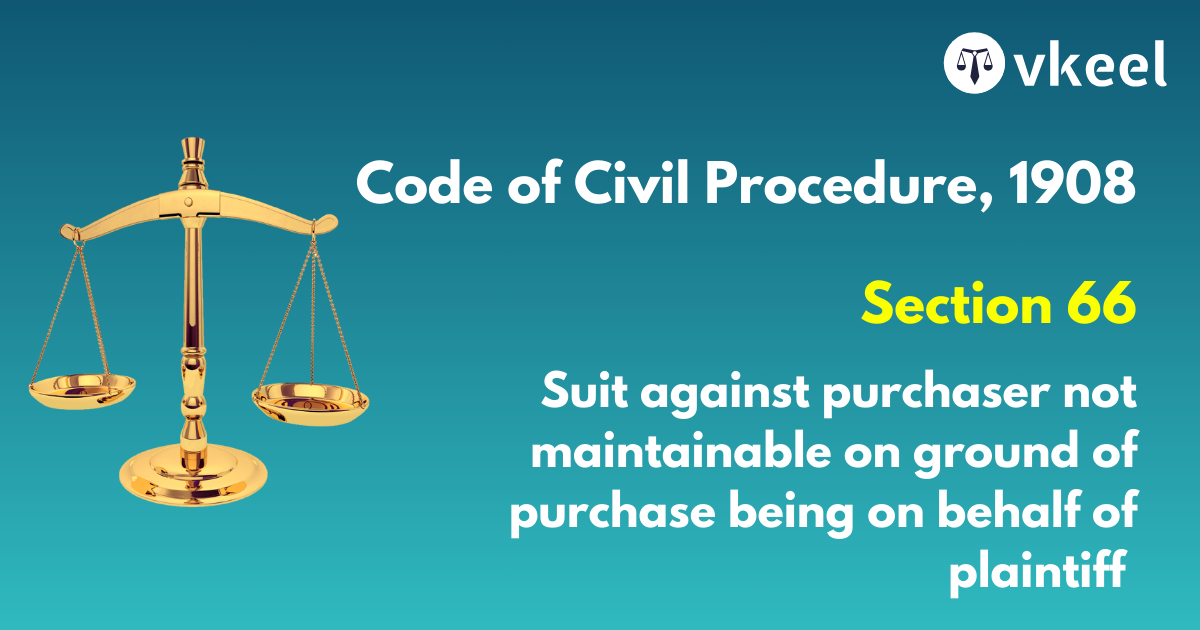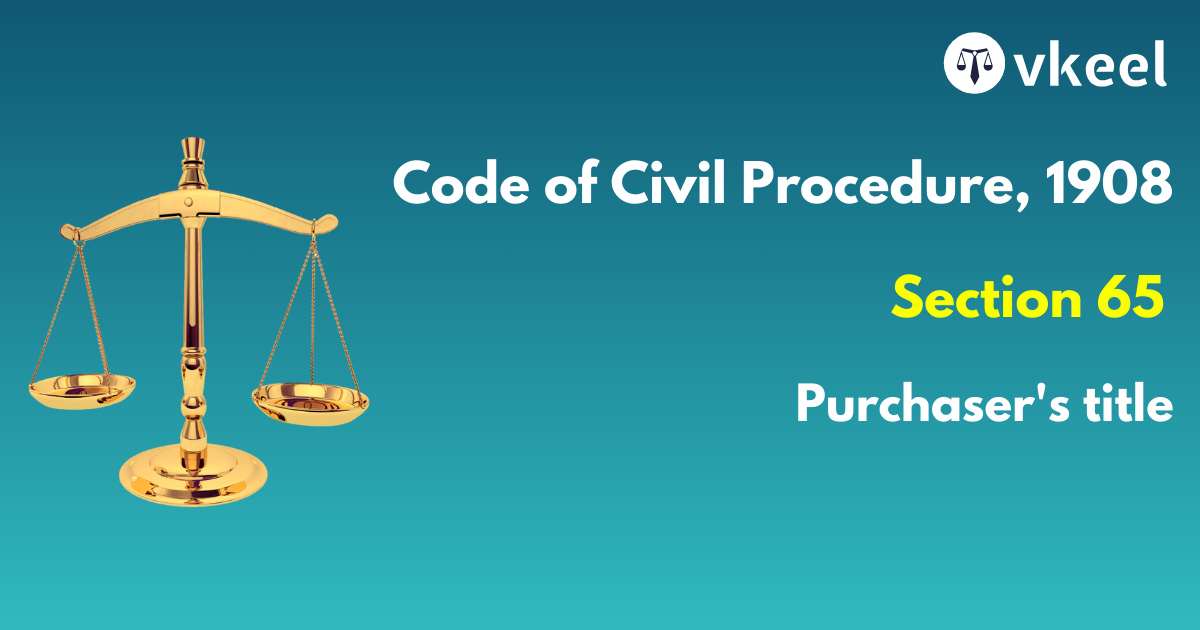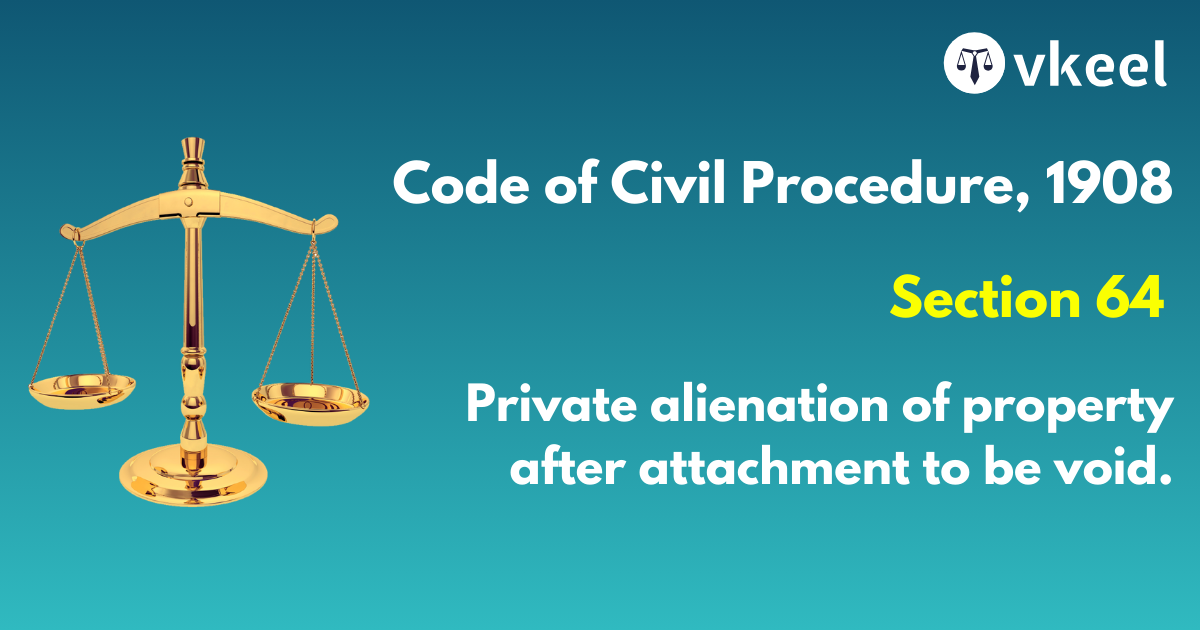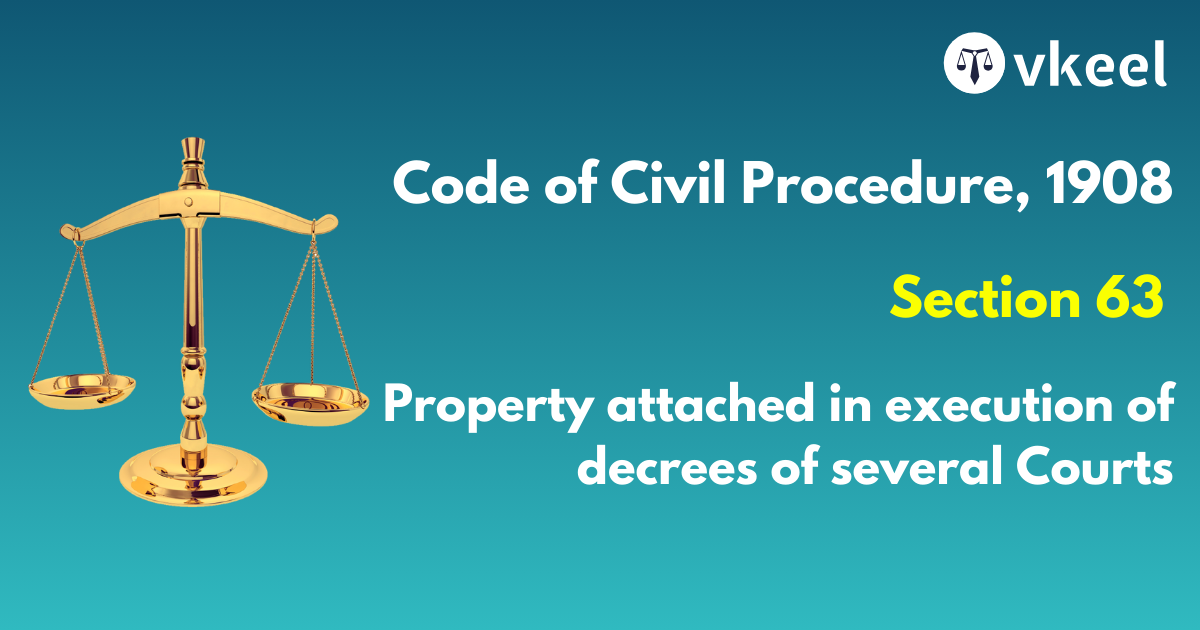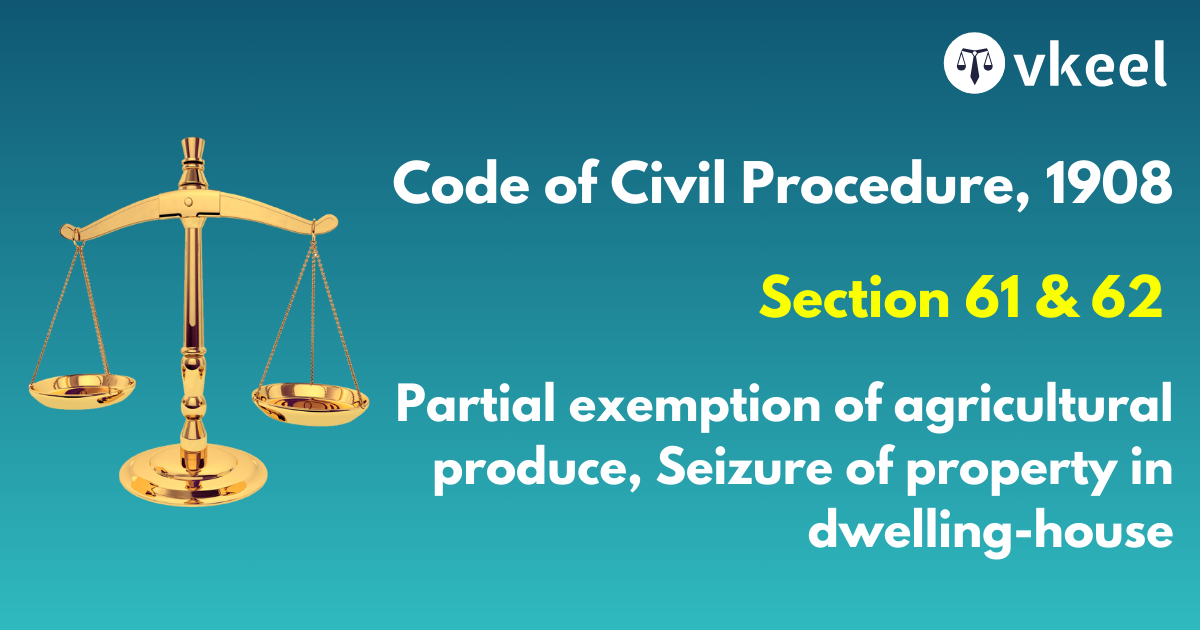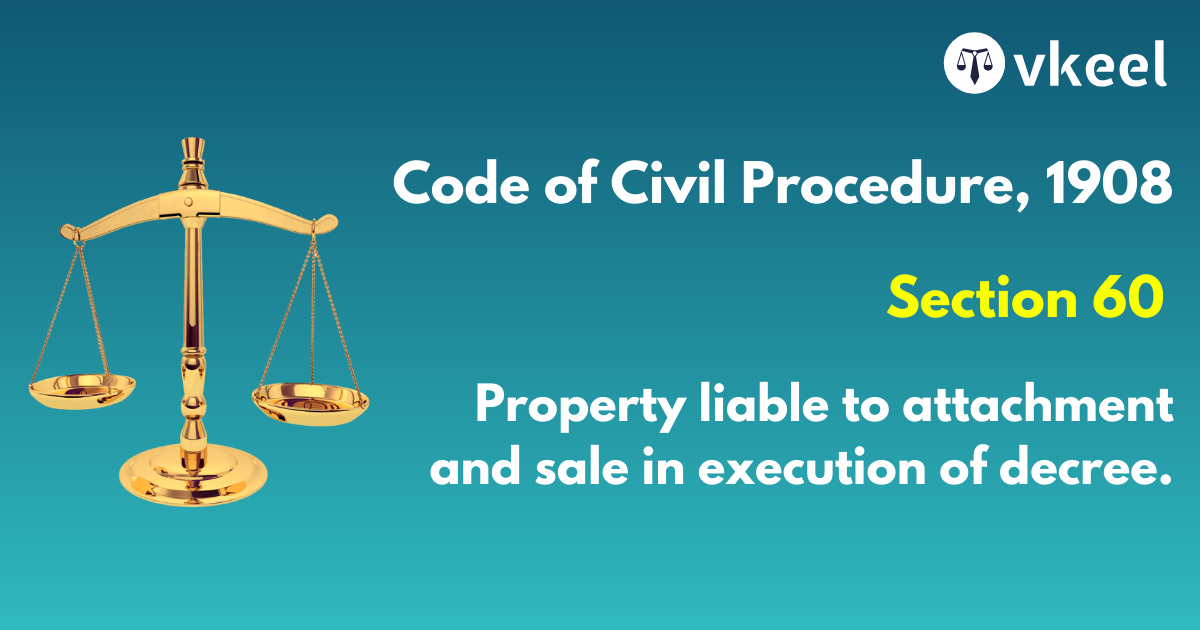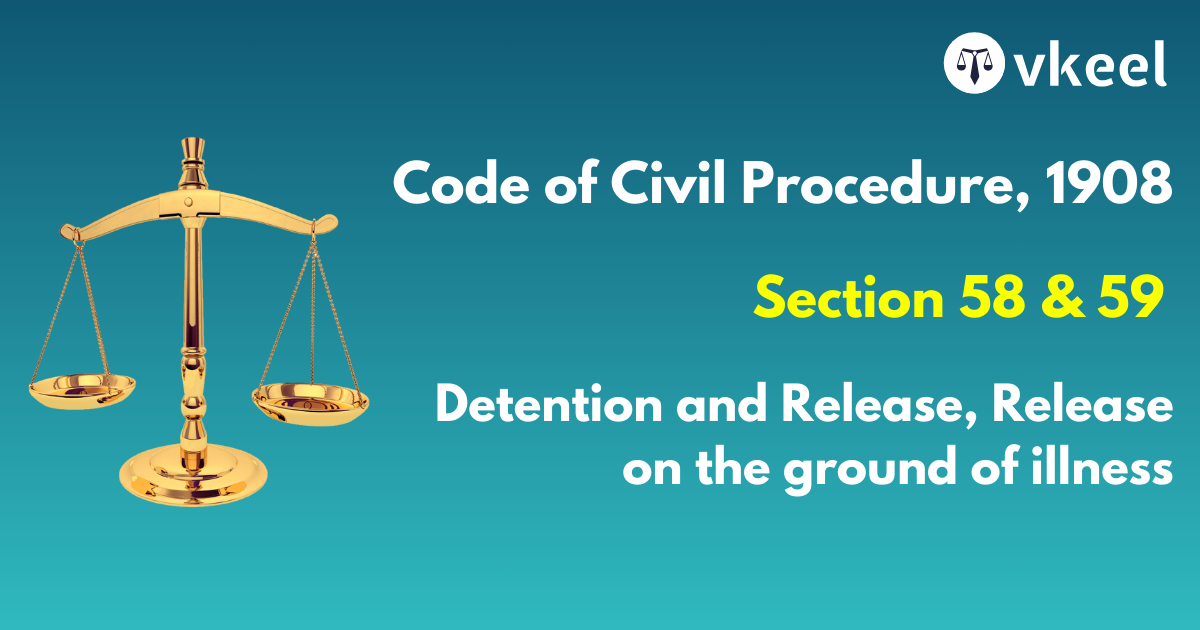Section 41 of the Code of Civil Procedure,1908
By Joy Puri
Introduction
The section 41 of the Code of Civil Procedure envisages about the result of the execution proceedings which as a mandate has to be certified to the respective court for the same.
Furthermore, the Section 41 of the Code of Civil Procedure states that if there exists any situation wherein the court to which the decree was sent, by any reasonable reason is unable to execute the decree, has to enumerate about the reasons of the decision thereof.
Section 41 of the Code of Civil Procedure,1908
Result of execution proceedings to be certified-
The Court to which a decree is sent for execution shall certify to the Court which passed it the fact of such execution, or where the former Court fails to execute the same the circumstances attending such failure.
Landmark Case Laws
Sheshaiyer Rajamanner Aiyer v. Madanmohan Patnaik, 1932
Now, as a proposition of law, it is true that the Court to which a decree is sent for execution retains its jurisdiction to execute the decree until a certificate is transmitted to the Court which passed the decree under section 41 of the Code of Civil Procedure.
Maniram Peerchand Marwadi And Anr. v. Vithu Ramji Patel Pande, 1923
Section 41 of the Civil Procedure Code merely directs that the Court to which a decree is sent for execution shall certify to the Court which passed it, the fact if such execution, or where the former Court fails to execute the same, the circumstances attending the failure. No particular method is prescribed for certifying the fact of execution and all that that section means is, that the Court to which the decree is sent for execution should inform the Court which passed the decree what has happened in execution.
Radhasyam v Debendra,1952
When certificate is not received from transferee court, the transferor court does not altogether lose seisin of decree. It has jurisdiction to execute decree in respect of property within its jurisdiction.
Ramkumar v Hazarimal,1961 Raj157
There is no particular form for a certificate. Information sent to the transferor court about the result is sufficient.
Prahlad v Thakur, 1961
The sending of a certificate is a judicial act and a formal order is necessary. Where there was no such order nor did the order indicate the certificate was prepared and sent, but an entry in the suit register indicated that information of dismissal of execution case was sent to the transferor court, section 41 was not satisfied and transferee court had jurisdiction to further execute the decree
Shimoga Oil Mills v Radha Krishna Oil Mills, 1969
The provisions of section 41 are mandatory. An order that a certificate be issued and sent has to be made. The mere sending of a copy of the order dismissing the execution petition without a non-satisfaction report is not sufficient.
Aftab Ahmed v Hindustan C Bank Ltd,1960
The non-sending of non-satisfaction certificate may be an irregularity, but it does not affect the right of the decree-holder to put in a second execution application. Similarly there is no prohibition in law that two execution applications cannot simultaneously go on if the property against which execution is sought is not the same
Conclusion
Moreover, to conclude with the Section 41 of the Code of Civil Procedure 1908, the transferee court is bound by the terms of the decree and cannot modify, vary, or go beyond what is stipulated.
Furthermore this would ensure that the decree is executed uniformly, regardless of the court handling the process, maintaining judicial consistency across jurisdictions of the country.
Disclaimer:
The information provided in the article is for general informational purposes only, and is not intended to constitute legal advice or to be relied upon as a substitute for legal advice. Furthermore, any information contained in the article is not guaranteed to be current, complete or accurate. If you require legal advice or representation, you should contact an attorney or law firm directly. We are not responsible for any damages resulting from any reliance on the content of this website.

